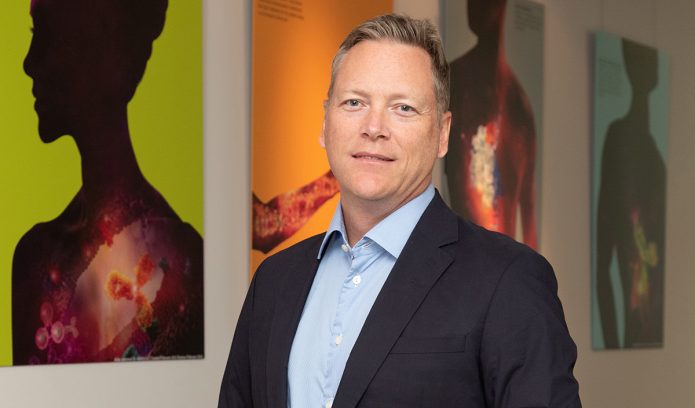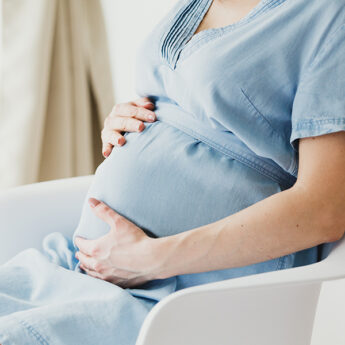What to expect when undergoing a medical check-up in Japan
Only the youngest of my daughters, now six years old, has any interest in becoming a doctor. She is already preparing for her future career; her toy stethoscope is getting plenty of use.
Returning from work one evening, I found her at play with a long line of soft toys acting as patients. When asked what was wrong with them, she looked at me blankly and replied: “Nothing. They are having a check to make sure they stay healthy”.
A few days later, my daughter’s nursery sent us the report on her check-up—the basis for the play session I’d previously seen.
When undergoing a full medical check-up in Japan, a British employee will probably look—and feel—considerably less comfortable than his Japanese co-workers.
This could be because his colleagues have had annual medical check-ups since nursery school, while a surprisingly large number of UK nationals living here have never had a medical before moving to Japan.
As a consequence, the process involved and the ensuing report can cause confusion and consternation.
For anyone who is about to have their first medical here, it is important to recognise the difference in the underlying philosophy between Japan and the UK.
An employee in the UK may be offered, or required to have, a medical (paid for by the firm) at regular intervals. However, the employer’s involvement ends there; the process and final report are left to the individual.
An employer would only expect to see a report under specific circumstances—for example, when an employee is being assessed for fitness to work as a pilot.
Japan stands in stark contrast to this; regulations fall short of making it compulsory for employees to have an annual medical. However, government incentives are in place in larger firms to ensure that a high percentage of staff complete their check-up and file the report with their firm. This can lead to staff being pursued to have a medical even if they don’t want one.
In addition, doctors employed by firms will check staff medical reports and may even contact individuals to find out what they are doing about a particular problem.
Perhaps this helps keep the workforce in good shape, but non-Japanese might feel that their employer is being intrusive and paternalistic when they are contacted and asked, for example, to take steps to lower their cholesterol.
What should you expect when you step into a clinic in Japan for a check-up? In many ways, it is similar to visiting a medical centre in the UK and, as there, the doctor’s time is golden.
You should expect to spend half a day in the facility with the most time spent undergoing various tests. At larger clinics, you may be given a menu of additional investigations from which to choose.
Face-to-face time spent discussing concerns is brief and, for those who do not speak Japanese, often unproductive.
There may not be much discussion as to why certain tests are being performed, thus foreigners could end up with investigations that don’t work as well for them as they do for Japanese—for whom they were designed.
An example is the barium meal and stomach x-ray that many readers might have had and vowed never to undergo again.
Japan has one of the highest rates of stomach cancer in the world, due to the Japanese diet: low in fat but high in salt and nitrates from traditionally preserved fish and vegetables.
Westerners have much lower rates of stomach cancer and so almost no medical back home would include a stomach screening by x-ray. Sadly, few Japanese doctors performing medicals will take the time to discuss this, and Western clients are discouraged from skipping the stomach checks.
Meanwhile, the situation is reversed for colon cancers. These are much more common in the West due to the meat- and fat-rich diet favoured there. When past a certain age, anyone eating a Western diet should have some form of colon cancer screening.
This is offered by the UK’s National Health Service to those who are over 60 years of age, while US gastroenterologists recommend that patients aged over 50 have regular colonoscopies. Even an elaborate medical check in Japan may neglect this area.
My view on medicals here is that, although sometimes inconvenient and uncomfortable, overall the good points outweigh the negative ones.
Early detection of high blood pressure, cholesterol and diabetes can limit the damage caused by these silent conditions. However, for a foreigner who is a novice to the Japanese system, some extra homework is necessary to make sense of the results and, most important, to figure out what wasn’t considered.






